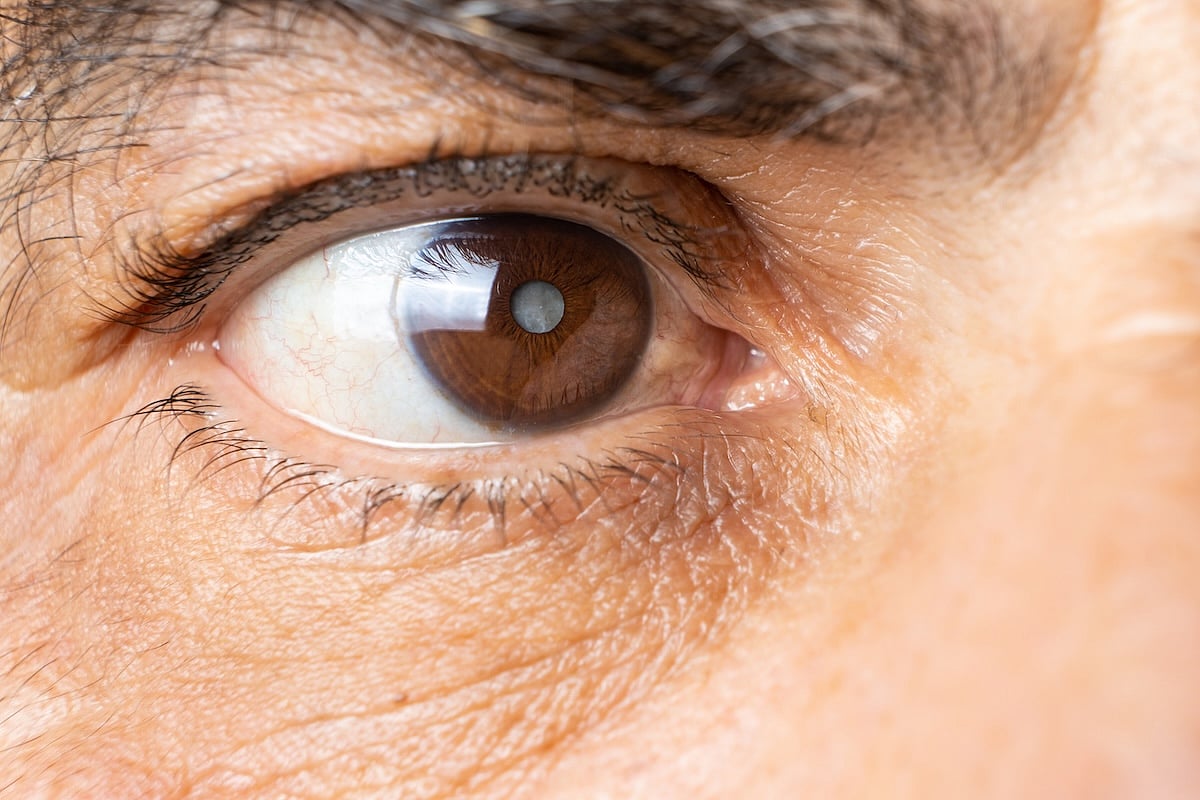Get Healthy!

- Dennis Thompson
- Posted May 21, 2025
Many Seniors Fear Cataract Surgery
Cataract surgery is one of the most foolproof procedures in medicine, with a success rate as high as 95%.
Nevertheless, many seniors don’t get cataract surgery because they fear losing their sight, researchers reported recently in The Journal of Clinical Ophthalmology.
More than a third (36%) of a small group of patients said they fear cataract surgery, and more than half of those specifically cited concerns the procedure would lead to vision loss.
These fears weren’t based on a lack of knowledge, but something more primal, researchers said.
“We found patients who would benefit from surgery reasonably understood the procedure after we educated them,” senior researcher Dr. Lisa Kelly said in a news release. “But even with clear explanations, sometimes their fear persisted.”
She's director of medical student education at the University of Cincinnati Department of Ophthalmology.
Cataracts develop when proteins in the eye’s lens break down and clump together, clouding the lens and causing blurry or dimmed vision, researchers said in background notes.
It’s an age-related condition, typically. About half of all people who live into their 90s will need cataract surgery at some point, the Cleveland Clinic says.
Cataract surgery involves replacing a clouded natural lens with a clear artificial one.
The procedure is quick and painless, the Cleveland Clinic says. Each year surgeons perform more than 3 million a year in the U.S.
Despite this, prior studies have shown that many people are reluctant to undergo cataract surgery, researchers said.
To explore this further, researchers surveyed 42 patients at the University of Cincinnati’s Hoxworth Eye Clinic. Their average age was 66, and they were predominantly Black people.
Researchers theorized that a lack of health literacy might cause people to unnecessarily fear the procedure.
However, they found that wasn’t the case at all — even when people understood cataract surgery, some still feared losing their sight.
Providing the patients with more information wasn’t always helpful, either.
“Overloading patients with data doesn’t necessarily ease their concerns,” lead researcher Stephanie Hu, a fourth-year medical student at the University of Cincinnati, said in a news release.
Instead, the study points to the importance of a good doctor/patient bond with open communication, Kelly said.
“Yes, patient education matters, but it’s not always sufficient,” Kelly said. “What’s equally important is building relationships and trust to help patients overcome fear.”
She said it's an important lesson for doctors.
“It’s a reminder that our patients are people with real fears,” Kelly said. “Our role is to partner with them in their health care.”
More information
The Cleveland Clinic has more on cataract surgery.
SOURCE: University of Cincinnati, news release, April 23, 2025







